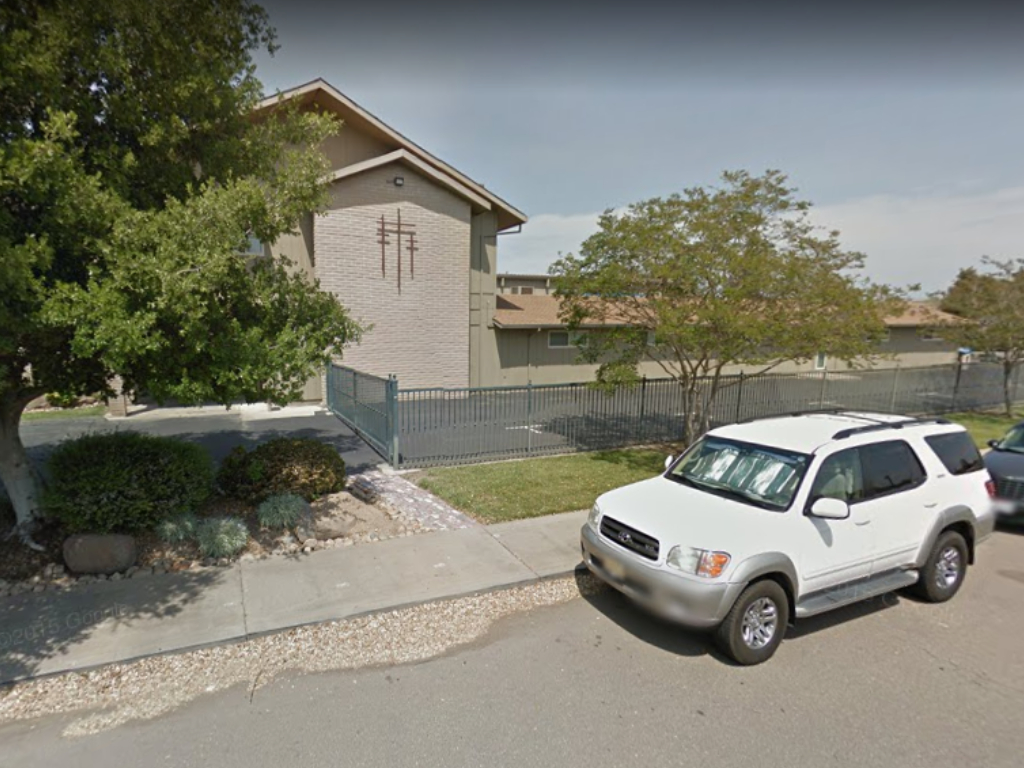A California landlord had a simple solution for a difficult tenant unwilling to follow coronavirus protocol.

With the Easter holiday coming up, many are being forced to stay away from places of worship and observe it from their homes, but a Lodi, Calif., pastor had another idea.
Despite orders to close the doors to his church, pastor Jon Duncan of Cross Culture Christian Center said that he’d still be inviting his congregation out to celebrate Easter Sunday, KCRA-TV reports.
“We don’t believe that a virus cancels the First Amendment,” he told the broadcast station.
According to KTTV, Duncan said the orders to shut down violated his freedom to assemble. His landlord, Bethel Open Bible Church, decided to change the locks.

Duncan previously said that he intended on allowing his congregation to meet as often as possible, and said this right is “protected by the First Amendment and should be considered essential,” per KTXL-TV.
On Sunday, a group of congregants attempted to go to the church but discovered they’d been locked out.
“I’m not thrilled in general with the restriction on religious liberties,” Duncan’s brother Jeremy told KTTV. “Especially during what is Christian’s most holy week.”
The Los Angeles Times says the church has retained a lawyer from a Christian nonprofit called the National Center for Law & Policy.
—
Questions about COVID-19? Here are some things you need to know:
Health officials caution against all international travel. Returning travellers are legally obligated to self-isolate for 14 days, beginning March 26, in case they develop symptoms and to prevent spreading the virus to others. Some provinces and territories have also implemented additional recommendations or enforcement measures to ensure those returning to the area self-isolate.
Symptoms can include fever, cough and difficulty breathing — very similar to a cold or flu. Some people can develop a more severe illness. People most at risk of this include older adults and people with severe chronic medical conditions like heart, lung or kidney disease. If you develop symptoms, contact public health authorities.
To prevent the virus from spreading, experts recommend frequent handwashing and coughing into your sleeve. They also recommend minimizing contact with others, staying home as much as possible and maintaining a distance of two metres from other people if you go out.
For full COVID-19 coverage from Global News, click here.
—
california





Comments